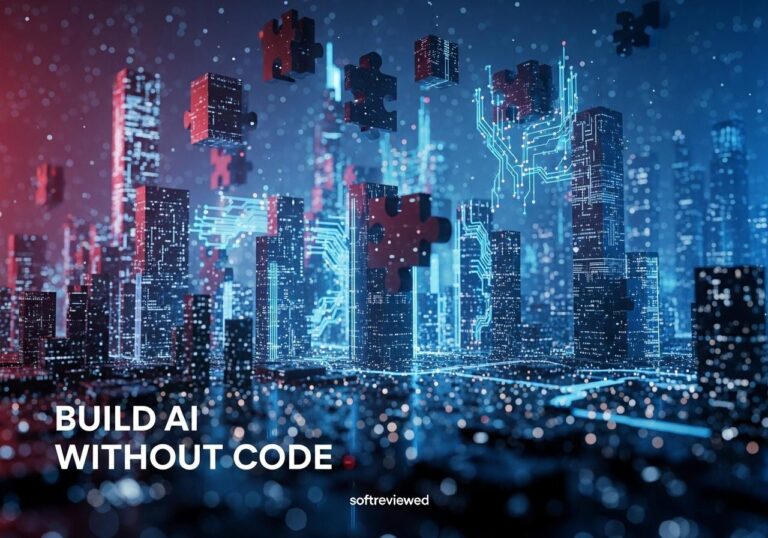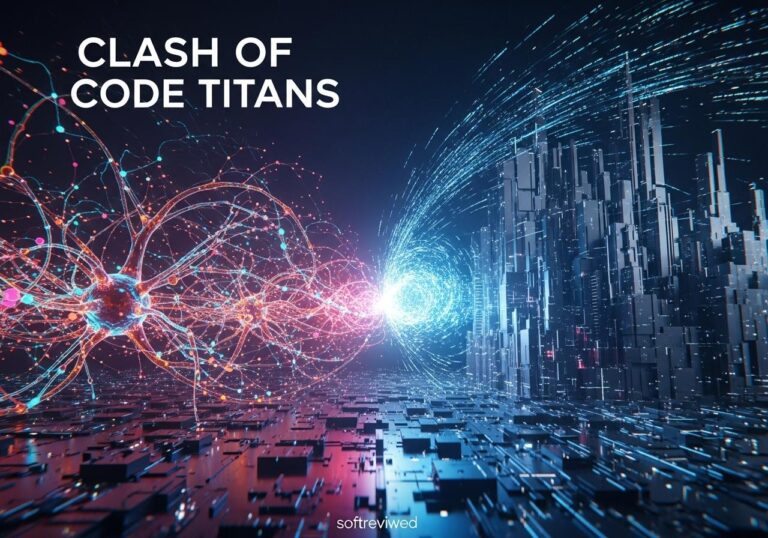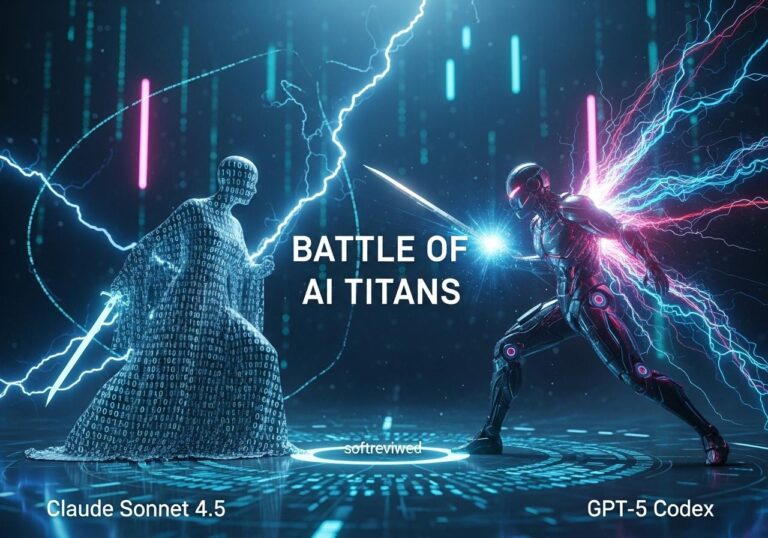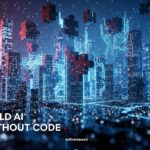🏆 2024 Nobel Prize in Physics: AI Pioneers
Geoffrey Hinton and John Hopfield honored for their groundbreaking work in artificial neural networks
🧠 Foundational Discoveries
Geoffrey Hinton and John Hopfield awarded the 2024 Nobel Prize in Physics for their inventions enabling machine learning with artificial neural networks.
💡 Hinton’s Contributions
Hinton’s work on back propagation and Boltzmann machines, building on Hopfield networks, enabled neural networks to learn and perform complex tasks like image recognition.
⚛️ Physics and AI Connection
Their research utilized physics principles such as energy functions and statistical physics, establishing a deep connection between AI and physics.
⚠️ AI Concerns
Hinton’s recent warnings about AI’s potential dangers have sparked global concern, suggesting AI could become more intelligent and pose existential risks to humanity.
🌐 Impact on Daily Life
The Nobel Prize recognizes the pioneers’ contributions to technology that is now integral to everyday life, from search engines to conversational agents like ChatGPT.
🤝 Indirect Collaboration
Hinton and Hopfield did not collaborate directly but built upon each other’s work, with Hinton studying Hopfield’s publications and further developing his ideas.
Geoffrey Hinton, often called the "godfather of AI," has been awarded the 2024 Nobel Prize in Physics for his groundbreaking work on artificial neural networks. This prestigious honor recognizes Hinton's pivotal role in shaping the field of machine learning and artificial intelligence as we know it today.
Who is Geoffrey Hinton?
Geoffrey Hinton is a British-Canadian computer scientist and cognitive psychologist who has been at the forefront of AI research for decades. He is currently a University Professor Emeritus at the University of Toronto and was, until recently, a Vice President and Engineering Fellow at Google.
Hinton's journey in AI began in the 1980s when he worked on neural networks – a then-unfashionable approach to machine learning inspired by the human brain. Despite skepticism from many in the field, Hinton persisted in his belief that neural networks held the key to creating more intelligent machines.
What Did Hinton Win the Nobel Prize For?
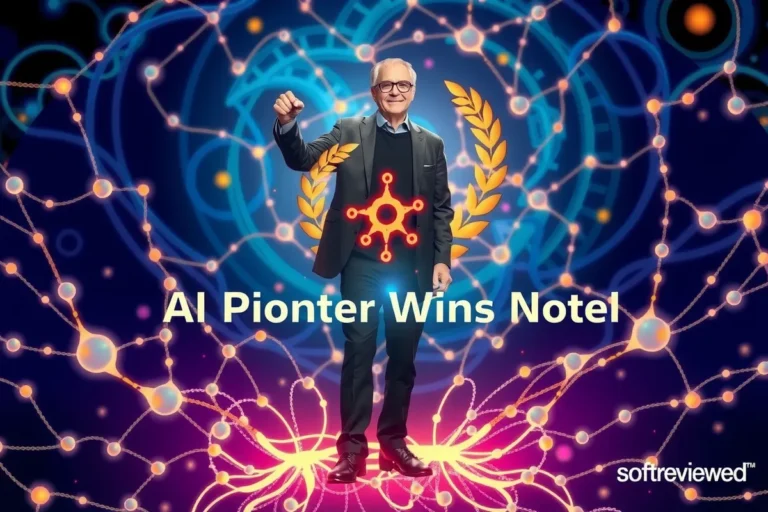
The Royal Swedish Academy of Sciences awarded Hinton the Nobel Prize in Physics for his foundational discoveries and inventions that enable machine learning with artificial neural networks. Specifically, Hinton was recognized for his work on the Boltzmann machine, a type of neural network that can learn to recognize patterns in data.
Hinton shared the prize with John J. Hopfield of Princeton University. While Hopfield created an associative memory that can store and reconstruct images in data, Hinton built upon this work to develop the Boltzmann machine, which can learn to classify images and generate new examples of patterns it was trained on.
Why is This Work Important?
Hinton's research laid the groundwork for many of the AI technologies we use today. His work on backpropagation – an algorithm that allows machines to learn – underpins almost all neural networks, from computer vision systems to large language models like ChatGPT.
The impact of Hinton's work extends far beyond academia. It has revolutionized fields such as:
- Computer Vision: Enabling machines to recognize objects in images
- Natural Language Processing: Powering language translation and text generation
- Speech Recognition: Improving voice assistants and transcription services
- Healthcare: Assisting in medical image analysis and drug discovery
From Academic Research to Real-World Applications
Hinton's journey from theoretical research to practical applications is a testament to the power of long-term, curiosity-driven research. Here's a brief timeline of key developments:
- 1980s: Hinton proposes backpropagation algorithm
- 2000s: Hinton and his students demonstrate the power of deep learning in image recognition
- 2010s: Deep learning techniques start to outperform traditional methods in various tasks
- 2020s: AI technologies based on Hinton's work become ubiquitous in everyday life
The Nobel Committee's Perspective
Ellen Moons, chair of the Nobel Committee for Physics, emphasized the practical impact of Hinton's work: "The laureates' work has already been of the greatest benefit. In physics we use artificial neural networks in a vast range of areas, such as developing new materials with specific properties".
Hinton's Reaction and Future Outlook
Upon learning of his Nobel win, Hinton expressed surprise and honor. "I had no expectations of this," he told U of T News. "I am extremely surprised and I'm honoured to be included".
However, Hinton's recent focus has shifted from advancing AI capabilities to addressing potential risks. In early 2023, he left his position at Google to focus on raising awareness about the potential dangers of rapid and uncontrolled AI development.
The Broader Impact on AI Research and Canada
Hinton's Nobel Prize is not just a personal achievement but also a recognition of Canada's leadership in AI research. As one of the first researchers supported by the Canadian Institute for Advanced Research (CIFAR), Hinton played a crucial role in establishing Canada as a global AI hub.
Looking to the Future
While celebrating this achievement, Hinton continues to emphasize the importance of responsible AI development. He urges young researchers to focus on AI safety, highlighting both the immense potential and possible risks of advanced AI systems.
How Does Geoffrey Hinton’s Work in Neural Networks Relate to the Development of AI Supercomputers like Elon Musk’s?
Geoffrey Hinton’s groundbreaking work in neural networks significantly impacts AI supercomputers, including those like Elon Musk’s. His research enhances algorithms that power these systems, addressing complex tasks efficiently. However, the rapid evolution raises elon musk xai supercomputer concerns about ethical programming and potential implications for society, emphasizing the need for responsible AI development.
What This Means for You
As AI continues to evolve and integrate into our daily lives, understanding its foundations becomes increasingly important. Hinton's Nobel Prize serves as a reminder of how far AI has come and the potential it holds for the future. Whether you're a student, professional, or simply curious about technology, keeping informed about these developments can help you navigate and potentially shape the AI-driven world of tomorrow.
In conclusion, Geoffrey Hinton's Nobel Prize in Physics is a landmark moment in the field of AI. It recognizes decades of pioneering work that has transformed theoretical concepts into practical technologies that impact our daily lives. As we celebrate this achievement, we're also reminded of the responsibility that comes with such powerful technology, and the ongoing need for ethical and safe AI development.

